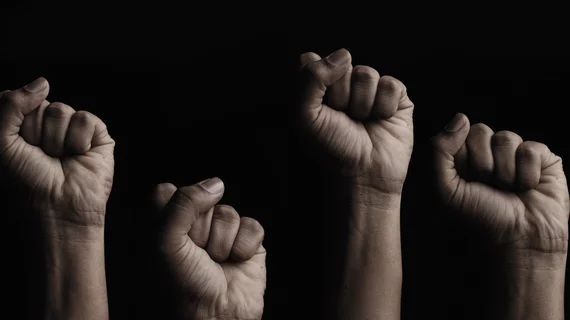Radiology impacted by tens of thousands of Kaiser Permanente health workers on strike
Radiology is among the specialties impacted by tens of thousands of health workers across five states and D.C. who recently went on strike at Kaiser Permanente.
The picket includes nearly 75,000 individuals, among them, ultrasound sonographers, radiologic technologists, home health aides and licensed vocational nurses. Oakland, California-based Kaiser indicated that certain services could be shuttered because of the disruption, Bay Area public news outlet KQED reported Oct. 4.
“Some of our laboratory, radiology, and optical locations may be temporarily closed or operating with reduced hours during the strike,” Kaiser said in a statement shared by the news outlet. The healthcare system is advising those who need urgent radiology services to call Kaiser’s Appointment and Advice Call Center. “As a result of the strike, we may experience high call volumes resulting in longer than usual wait times,” the statement said.
This is believed to be one of the largest healthcare strikes in U.S. history. Unions first began bargaining in April and “overwhelmingly” voted to authorize a work stoppage if a deal wasn’t reached by Sept. 30, KQED noted. Geographies impacted include California, Oregon, Washington, Colorado, Virginia and the District Columbia.
The workers are focused on understaffing and wages, among other issues. Kaiser is the largest private, nonprofit healthcare organization in the country, serving over 9 million individuals in California alone.
“We are suffering,” “Savonnda Blaylock, a pharmacy tech at Kaiser in Tracy, Calif., told KQED. “We have had a lot of people leave during and after the pandemic. Unfortunately, those physicians have not been replaced and we don’t know if they will ever be replaced.”
Read more about the strike at the link below.

